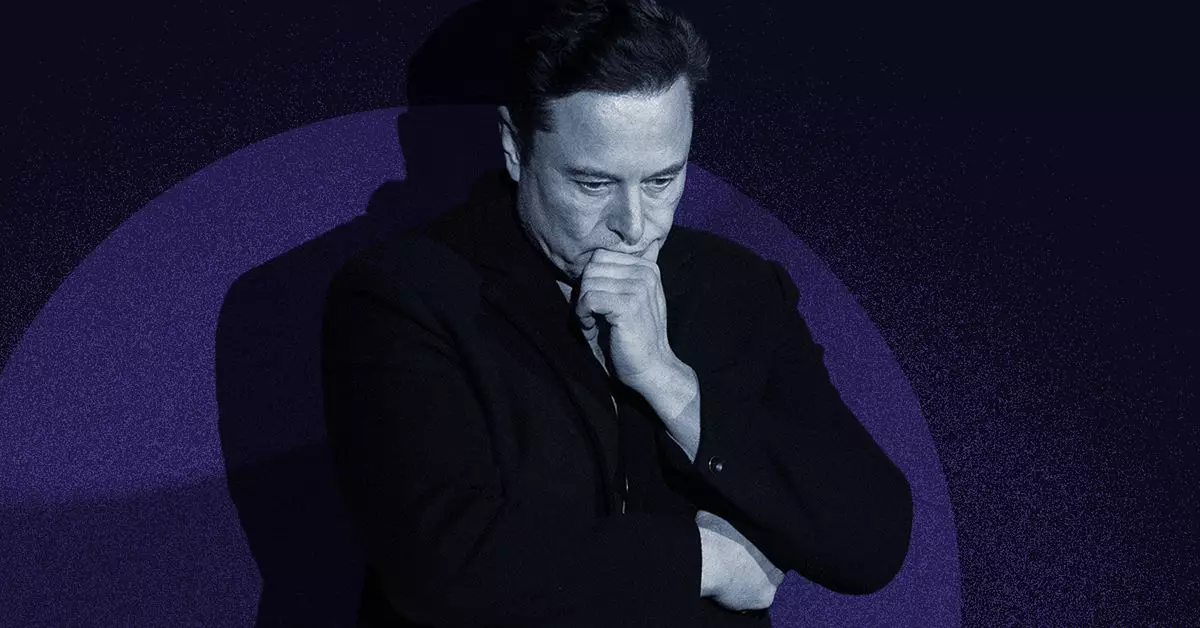Elon Musk, an influential figure in technology and innovation, has recently taken on a uniquely controversial role as the co-lead of the Department of Government Efficiency (DOGE) advisory group. While the group itself has yet to become fully operational, Musk has wasted no time in leveraging his platform to critique what he perceives as inefficiencies within government agencies. This bold move aims to shine a spotlight on roles he deems unnecessary, posing significant implications for transparency and accountability in public service.
One of Musk’s critiques has been directed towards Ashley Thomas, the Director of Climate Diversification at the US International Development Finance Corporation. Through a post on X, Musk amplified a comment that dismissed Thomas’s role as a “fake job,” garnering substantial attention and views. This specific incident not only raises questions about the legitimacy of government roles but also illustrates a dangerous trend of public shaming and harassment, a tactic Musk has employed previously. The backlash against Thomas, who has since restricted her social media presence, underscores the threat such public ridiculing poses to individuals working in civil service.
The aftermath of Musk’s online scrutiny is troubling—an influx of memes and targeted harassment directed towards Thomas and other public employees. Everett Kelley, president of the American Federation of Government Employees, characterized Musk’s campaign as one that fosters fear among federal workers. Such a climate of intimidation affects not only the individuals targeted but can also dissuade dedicated professionals from their roles, compromising the effectiveness of government institutions as a whole. This raises a fundamental question about the balance between free speech and the ethical responsibility of those in positions of influence.
Musk’s approach to public discourse can be seen as a stark shift towards using social media as a weapon rather than a platform for constructive dialogue. By framing his critiques under the banner of advocating for efficiency, he risks blurring the lines between necessary accountability and outright bullying. Similar past incidents, such as Musk’s derogatory comments towards individuals like Vernon Unsworth and Yoel Roth, demonstrate a consistent pattern of behavior that leverages his extensive reach and notoriety to instigate public outrage against specific individuals.
As Musk and co-lead Vivek Ramaswamy signal their intentions to conduct much of their work transparently, potentially involving public polls and direct commentary, it raises troubling possibilities for civil servants across the board. This method of scrutiny risks creating an environment in which public employees may become targets for disproportionate criticism based on personal or political whims rather than substantive concerns. In a democratic system that relies on effective governmental operations, the implications of such a climate could be profound, leading to a chilling effect where individuals become wary of pursuing careers in public service.
Ultimately, while the push for government efficiency is essential, the methods employed in the pursuit of this goal warrant critical examination. Public accountability and discourse should not come at the expense of individual dignity and respect; rather, they should be complementary forces guiding reform and innovation in the public sector.

